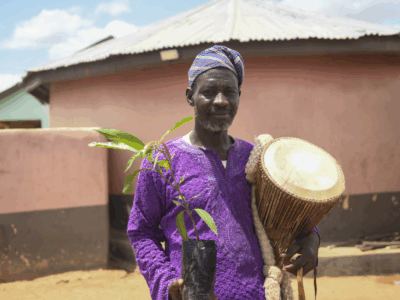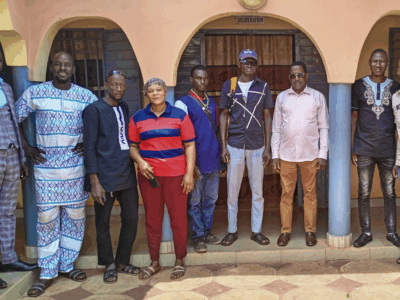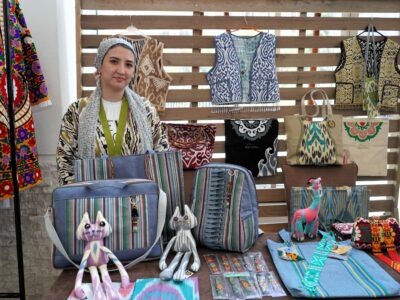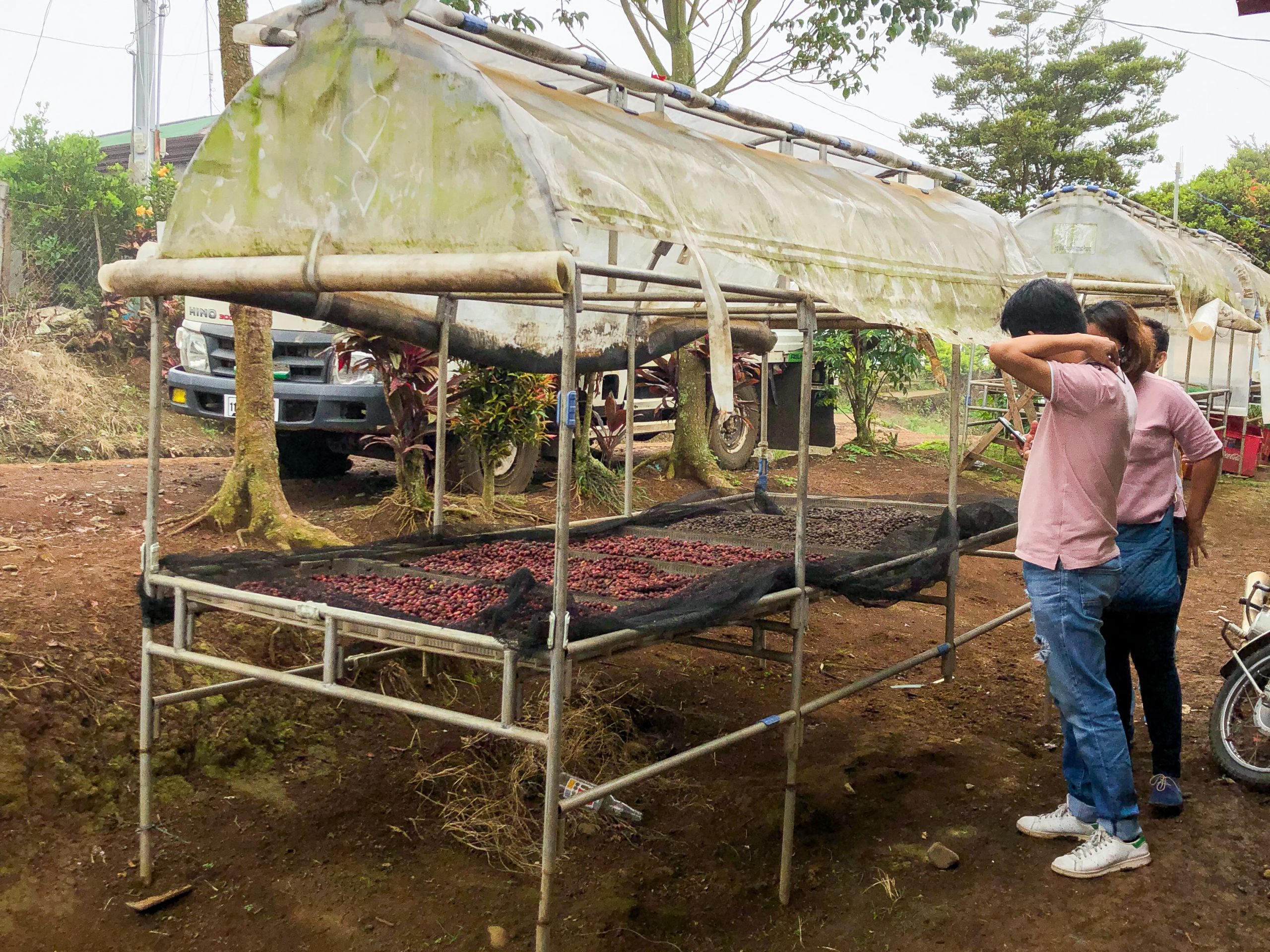
The foothills of Mount Apo are home to the Philippines’s growing specialty coffee industry. Specialty coffee is at the heart of the ACDI/VOCA-led and U.S. Department of Agriculture-funded Philippine Coffee Advancement and Farm Enterprise (PhilCAFE). Through this project, ACDI/VOCA is working with farmer groups, or cooperatives, to improve their governance and production of specialty coffee. One group called BACOFA, a female-led specialty coffee cooperative in Mindanao, is at the forefront of that effort. Currently, the consumer demand for specialty coffee in the Philippines exceeds the available supply. In attempts to meet this demand, the women who make up BACOFA are working with smaller growers’ associations in the area. A key part of their strategy, which was co-developed with PhilCAFE, is to increase the group’s membership. By integrating more farmers who are already growing coffee at a small scale, members hope to increase their product quality and prices. New, experienced members who are already producing specialty coffee would add to the group’s productivity. And less experienced members would benefit from learning best practices for improving their productivity. Both new additions would help increase the supply of high-grade coffee in the domestic and international market.
More Cooperative Members Means More Potential Earnings
To make this a reality, first BACOFA would need to make cooperative membership more attractive. The group connected with Rizal Microbank, which allowed them to grant their members advances prior to the harvest season and pay their members upon receipt of their coffee beans, rather than forcing them to wait for payments from buyers or processors. This waiting game is a common problem with agricultural cooperatives in the Philippines. However, through BACOFA, when members receive their payments after depositing the coffee, a small percent of that payment is directly deposited into a shared capital fund held by BACOFA. The fund can then be used for trading, investments, and other savings for the cooperative.
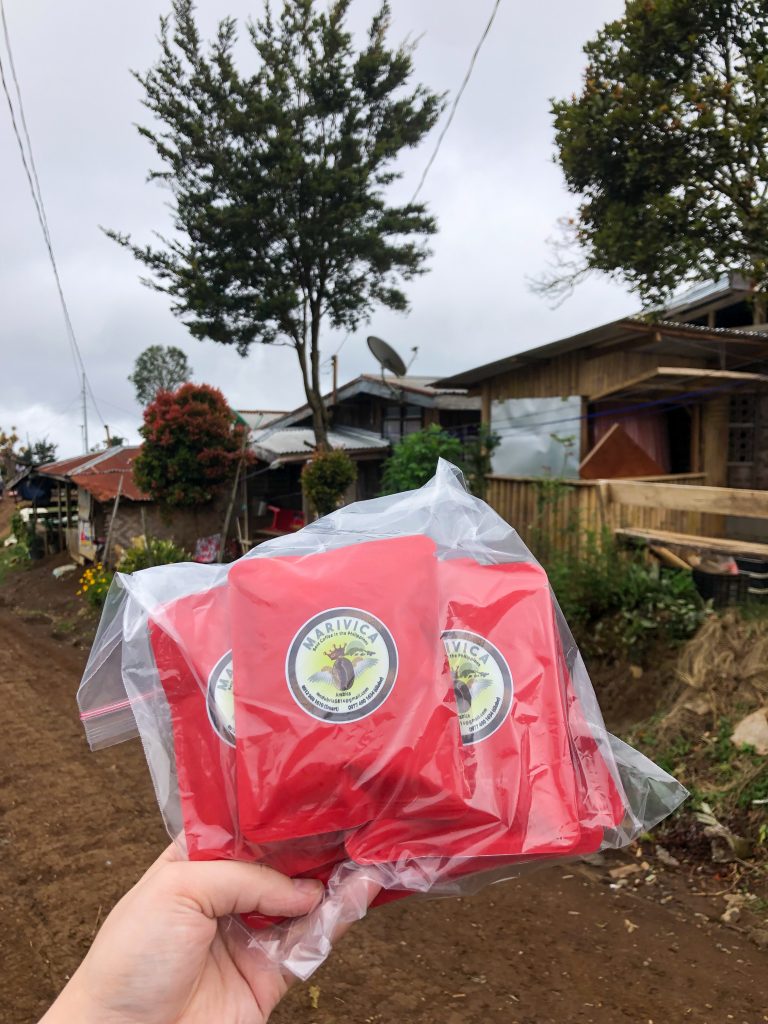
Thanks to these efforts and support from PhilCAFE, coffee grown by BACOFA members is some of the best in the country. During the recent Philippines Coffee Quality Competition, held in Davao City this March, BACOFA farmers dominated the leaderboard. Their winning coffee beans will be bought by roasters for as much as 2,500 PHP per kilogram (47 USD).
How BACOFA is Changing Women’s Lives
In the past, before BACOFA expanded its production by acquiring more members and improving its product quality, the cooperative received support in the form of subsidies from the government. However, their members’ incomes have increased so much in the past few years that they no longer qualify for those subsidies.
For one cooperative member, Cherry, taking up specialty farming changed the whole economic status of her family. Before the pandemic, Cherry would travel to Taiwan each year for work. This travel would take her away from her home and community just so she could earn enough to keep her family afloat in Davao del Sur. During the pandemic, BACOFA hired Cherry as a clerk for the cooperative. After becoming more familiar with planting, harvesting, and processing specialty coffee, she replaced the old coffee trees on her land with new ones. Now that the new trees are producing, she is no longer forced to migrate out of the country to earn a living. She and her family are economically stable, thanks to the high price of the specialty coffee she produces.
Plans for a Sustainable Future
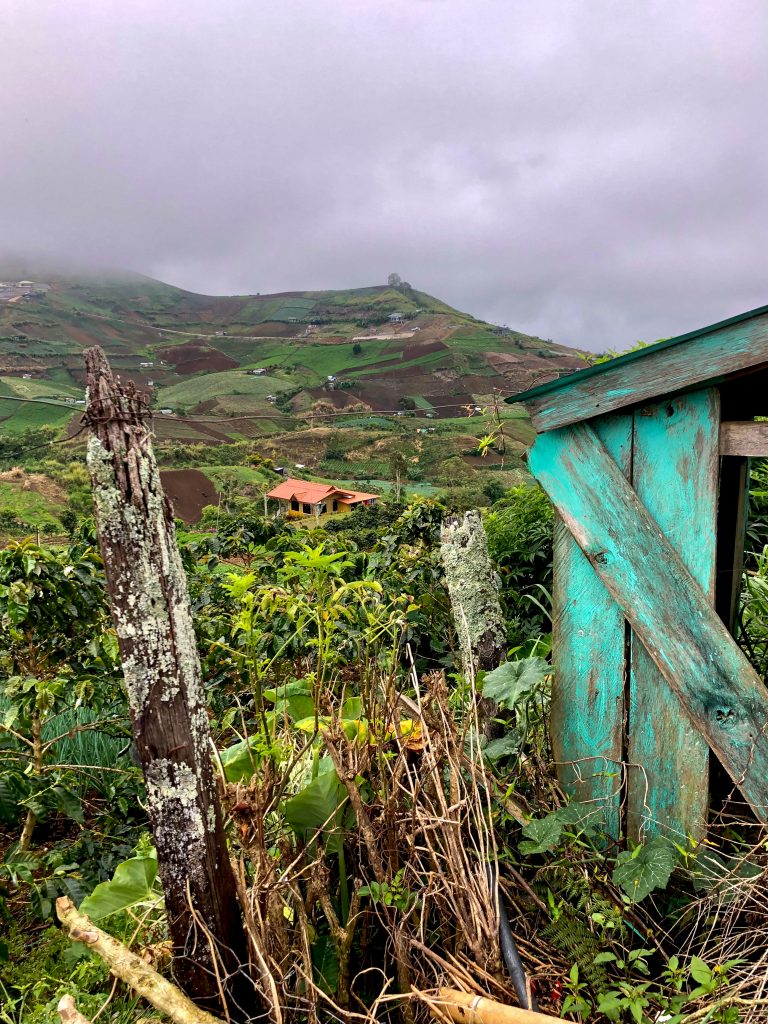
In the coming years, BACOFA wants to enhance the training it offers to members to help meet its strategic goals. They have a yearly sales target and buyers identified for each segmented market they aim to reach both locally and internationally. The group wants to provide training covering the whole cycle of coffee production, from seed-to-cup. That includes everything from how to harvest the beans to how to taste the coffee.
As a member of the Model Cooperative Network and Provincial Coffee Industry Council of Davao del Sur, the women who make up BACOFA are well on their way to reaching their goals. They have already trained coffee mentors, who are helping champion good agricultural practices among smaller coffee associations along the Mount Apo range.
Introducing the Cooperative Development Program in the Philippines
To promote Philippine specialty coffee and support the industry’s farmers, in 2021, ACDI/VOCA began implementing the five-year, USAID-funded Cooperative Development Program in the country. The result will be long-term market relationships and incentives to sustain cooperatives and their members for years to come.
Learn more about our work in the Philippines and our long history of supporting cooperatives.
Learn more about PhilCAFE.
Learn more about the Cooperative Development Program.

